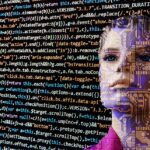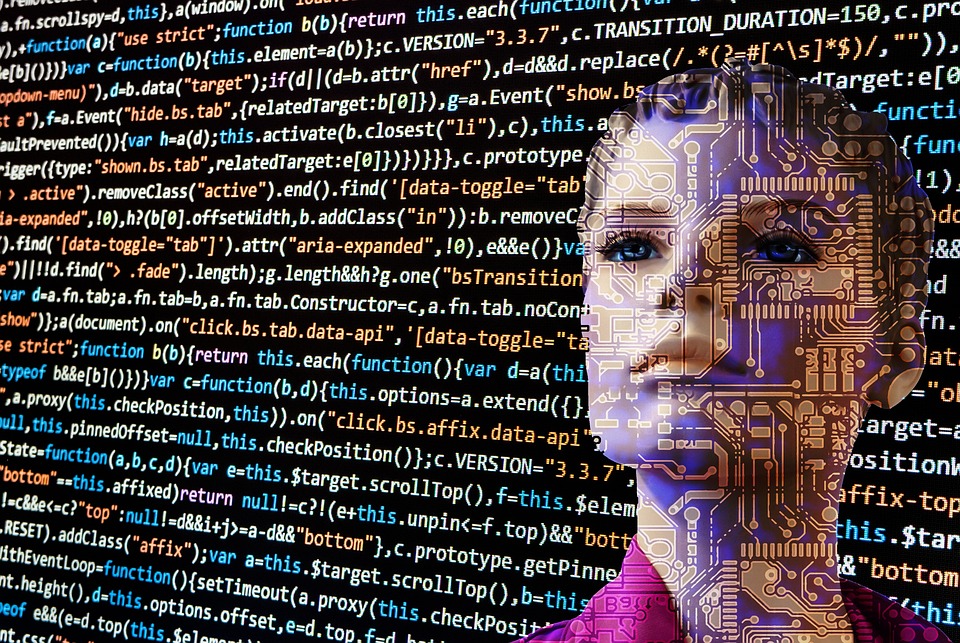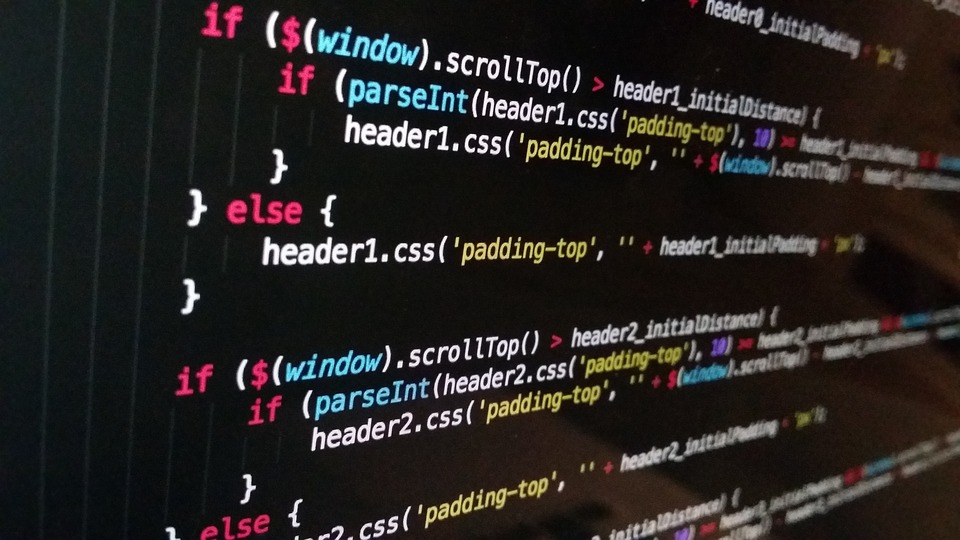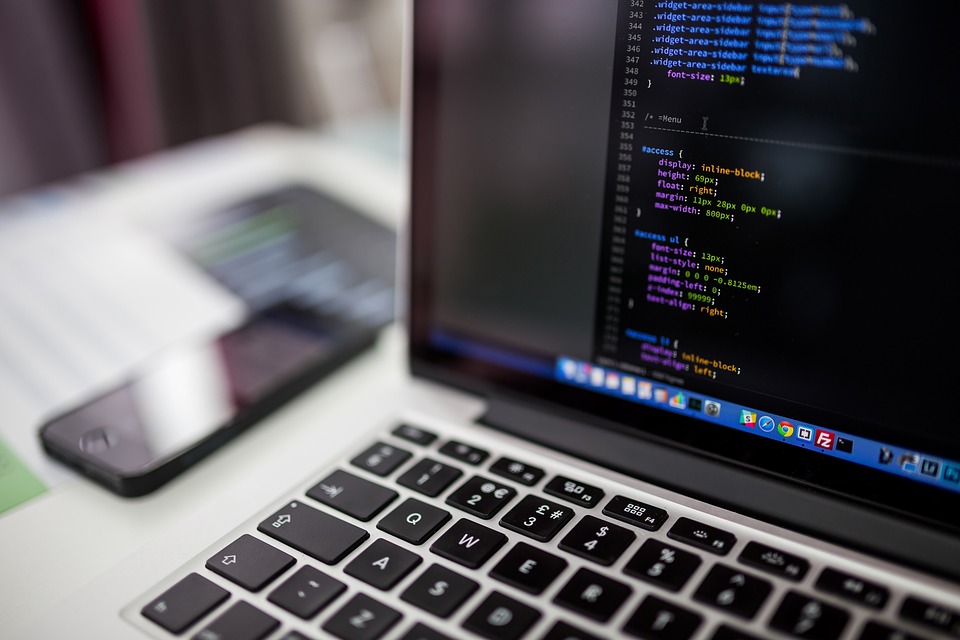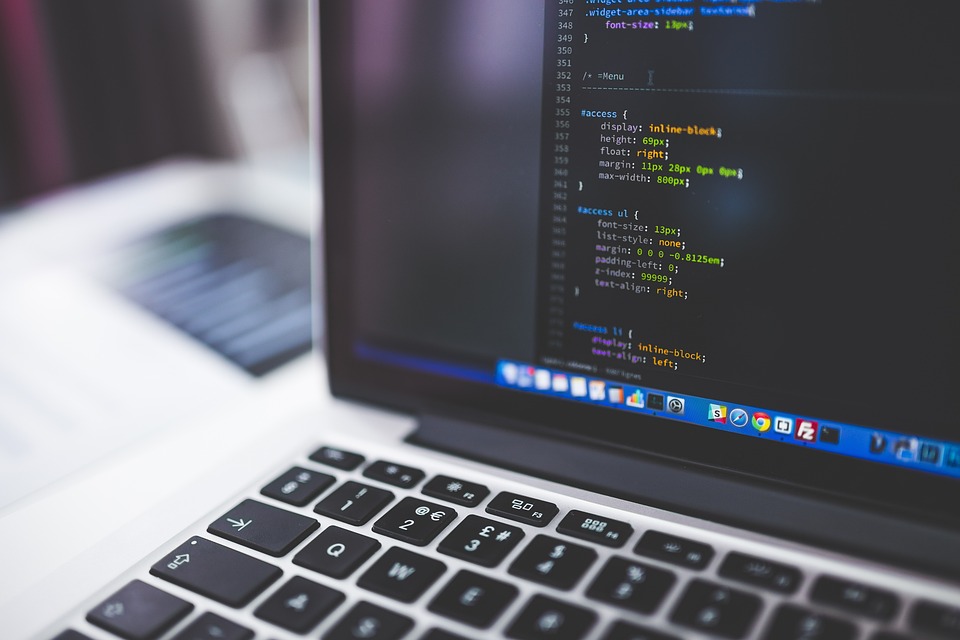In the age of digital technology, cybersecurity has become an increasingly important aspect of modern programming. With an ever-growing number of devices connected to the internet and a constant stream of data being exchanged, the need for effective cybersecurity measures has never been greater.
For programmers, the role of cybersecurity has become a crucial component of their work. It is no longer enough to simply create functional and user-friendly software; developers must also ensure that their programs are protected against cyber threats. This includes malicious attacks such as viruses, malware, and hacking attempts, as well as data breaches and privacy violations.
One of the key roles of cybersecurity in modern programming is to prevent unauthorized access to sensitive information. This includes personal data, financial information, and any other confidential data that may be stored or transmitted within a program. By implementing strong encryption and authentication methods, programmers can ensure that only authorized users have access to this information, thereby reducing the risk of data breaches and unauthorized access.
Another important aspect of cybersecurity in programming is to protect against malware and viruses. As more and more software and applications are developed and distributed, the risk of malware and viruses spreading has also increased. Programmers must therefore take measures to ensure that their code is free from vulnerabilities that could be exploited by cybercriminals to inject malicious code into their programs. This can include regular code audits, vulnerability testing, and the use of secure coding practices.
Furthermore, with the rise of cloud computing and distributed systems, the need for cybersecurity measures has become even more critical. Developers must consider the security implications of hosting their programs on third-party servers and sharing data across multiple platforms. This requires them to implement robust security protocols, such as secure communication channels, data encryption, and access controls, to protect their software and data from unauthorized access and breaches.
Moreover, as the Internet of Things (IoT) continues to grow, the role of cybersecurity in programming extends to the development of smart devices and connected systems. Developers must build security into their applications and devices to prevent them from being exploited by hackers, who could potentially gain access to sensitive information or even take control of the device itself.
In conclusion, cybersecurity plays a crucial role in modern programming. As technology continues to advance and become more interconnected, the need for effective cybersecurity measures has become more important than ever. Programmers must proactively take steps to protect their software and devices from cyber threats, ensuring that they are secure and resilient to potential attacks. By incorporating cybersecurity practices into their programming, developers can help to safeguard the integrity of their software and protect the data and privacy of their users.
